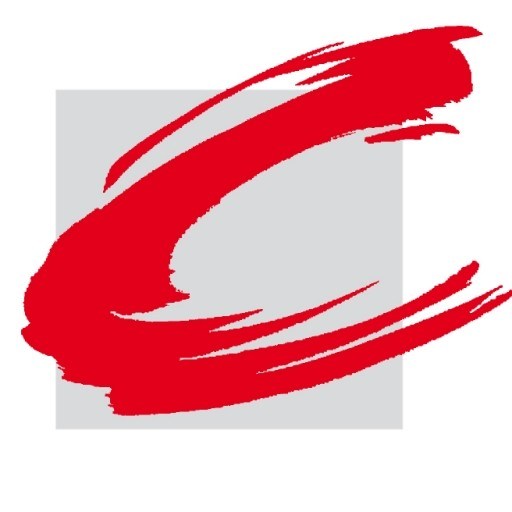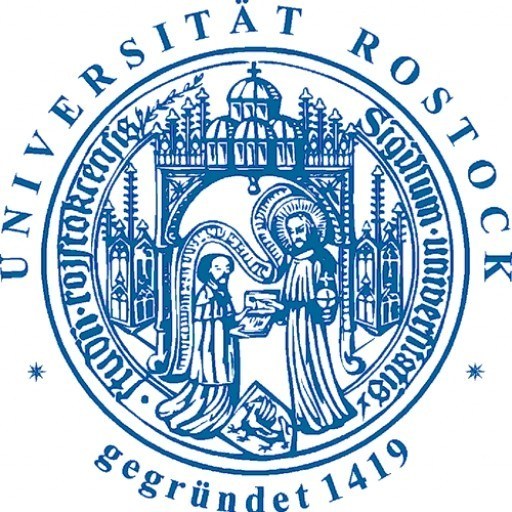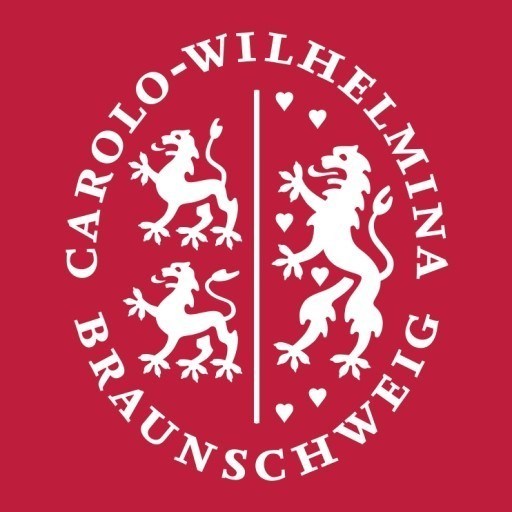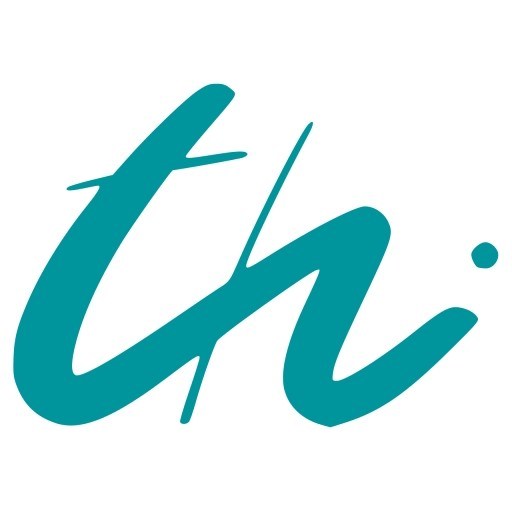Photos of university / #kitkarlsruhe
The Master of Science in Photonics at the Karlsruhe School of Optics and Photonics (KSOP) offers a comprehensive and cutting-edge education in the field of photonics, one of the most dynamic sectors in modern science and technology. This programme is designed to equip students with a deep understanding of both fundamental principles and practical applications of light and optical systems. Students will explore advanced topics including laser physics, optical materials, optical communication, quantum optics, and biophotonics, gaining the skills necessary to contribute to innovation in industries such as telecommunications, healthcare, manufacturing, and research.
The MSc in Photonics at KSOP emphasizes a hands-on learning approach, integrating rigorous coursework with extensive laboratory work, project management, and collaborative research activities. Through close interactions with leading scientists and industry partners, students are provided opportunities to engage in pioneering research projects, internships, and industrial collaborations that bridge theoretical concepts with real-world applications. This programme aims to develop not only technical expertise but also problem-solving abilities, project management skills, and scientific communication competencies.
The interdisciplinary nature of the programme allows students to tailor their studies according to their interests, with specializations available in areas such as optical sensing, quantum photonics, laser technology, and optical system engineering. The curriculum is designed to foster innovation, critical thinking, and an entrepreneurial mindset, preparing graduates for careers in academia, industry, or entrepreneurship. Moreover, the programme benefits from the excellent research infrastructure at Karlsruhe Institute of Technology (KIT), one of Europe's leading universities in science and engineering, ensuring students have access to state-of-the-art laboratories and resources.
Graduates of the MSc in Photonics are highly sought after worldwide, with career prospects in research institutions, high-tech companies, and startups focusing on the development of optical devices, communication systems, and innovative light-based technologies. The programme is taught in English, promoting an international learning environment, and is suitable for students with a background in physics, electrical engineering, or related disciplines who aspire to become experts in photonics and optical engineering. Joining this programme at KSOP means becoming part of a vibrant academic community dedicated to advancing light science and shaping the future of photonics technology.
Educational organization
Stage I (Introduction):
This phase comprises adjustment courses which will help to bring the inhomogeneous backgrounds of the students up to a common standard. The assignment of adjustment courses will be individually determined for each student. Together with compulsory courses on fundamental topics and first practical training sessions in a lab course, this will lay the foundations for the courses on core subjects (Stage II) and specialisation courses (Stage III).
Compulsory Courses, e.g. Optical Engineering, Fundamentals of Optics and Photonics
Adjustment courses: Modern Physics, Measurement and Control Systems
Key Competencies, e.g. Business Development of Innovations in Optics & Photonics, German Language Courses
Stage II (Core Subjects):
The goal of this phase is to provide a comprehensive education in advanced optics and photonics, and, simultaneously, to review this wide and diverse field. The central part of this phase is a block of compulsory lectures which span the whole range from basic science to engineering. These lectures are complemented by a laboratory course and an industrial internship, for which the connection to corresponding industry partners will be made by the Karlsruhe School of Optics & Photonics.
Compulsory Courses, e.g. Spectroscopic Methods, Microoptics and Lithography
Industry Internship: Introduction
Stage III (Specialization):
Based on the knowledge developed in Stages I & II, this phase features elective courses from the main research areas of the Karlsruhe School of Optics & Photonics. Together with a seminar course and a project course, this will serve as an introduction to independent scientific work and, therefore, provide the student with the knowledge and skills required to successfully carry out research within a Master's thesis.
Elective Courses
Photonic Materials and Devices, e.g. Advanced Optical Materials, Solar Energy, Laser Physics
Advanced Spectroscopy, e.g. Advanced Inorganic Materials, Nanooptics
Biomedical Photonics, e.g. Exploring Biomolecular Interactions by Single-Molecule Fluorescence, Optics and Vision in Biology
Optical Systems, e.g. Systems and Software Engineering, Optical Transmitters and Receivers
Industry Internship: specialization and reporting
Stage IV (Master's thesis):
Within this phase, students will join one of the KSOP research groups or an industry company and utilise the knowledge and skills acquired in Stages I - III to work on an advanced research project.
Study abroad unit(s)
An ERASMUS Mundus Program is also available. Please see for information: www.ksop.kit.edu/erasmus.php
Internships
An eight-week industry internship is integrated into the Master's curriculum. The KSOP offers an elaborate internship program in cooperation with well-known industry partners such as the Carl Zeiss, OSRAM, Trumpf, Karl Storz, Berliner Glas, SICK, Jenoptik, Polytec, Novaled, Agilent Technologies.
Forms of assessment
Written and oral exams, Master's thesis
Course objectives
The mission of the Karlsruhe School of Optics & Photonics (KSOP) is to provide a multidisciplinary environment for first-class research and education as well as for the generation of knowledge and innovation in optics & photonics.
The KSOP educational concept is designed to qualify our graduates for accelerated careers at world-leading academic institutions and in high-tech industries. We actively promote the thesis work of our doctoral researchers and Master's students through dedicated supervision, mentoring and networking as well as through scientific and technical training. Accordingly, we augment the professional skills of our graduates through tailored personal and management training. A strong pillar of the KSOP concept is the individual coaching of doctoral researchers by one mentor for each research area.
Building on this excellent basis, the KSOP aims to become a world-leading institution for education, research and innovation in the field of optics & photonics.
Language requirements
Since courses are presented in English, foreign applicants must pass the TOEFL Examination with a minimum of 570 points pbt, 260 points cbt and 88 points ibt, or IELTS band 6.5.
Academic requirements
Are you interested in applying for the KSOP Master's program? Then please note the following steps:
1) You need to fulfil the admission requirements for the KSOP Master's program:
- KSOP application form
- Certified copy of your qualification for university entrance (e.g. "Abitur", high school diploma, baccalaureate, etc.)
- Certified copy of your Bachelor's degree (if the Bachelor's degree is not yet available at the closing date for applications but will be completed before the registration, candidates can apply with a preliminary transcript of records)
- CV
- Letter of motivation
- Letters of recommendation letters (at least one)
- Proof of English language proficiency: TOEFL (Test of English as a Foreign Language) with a minimum of 570 pbt, 260 points cbt and 88 points ibt or IELTS (International English Language Testing System) band with a minimum of 6.5. (The TOEFL or IELTS score is mandatory for your application and cannot be replaced by another certificate!)
- Chinese applicants: please insert an APS certificate
2) The application procedure for the Master's programme in Optics & Photonics varies depending on your nationality. Please follow the corresponding link: German and EU Applicants (http://ksop.idschools.kit.edu/german_applicants.php), and non-EU Applicants (www.ksop.kit.edu/international_applicants.php)
3) After having received an admission for the KSOP Master's program, candidates with outstanding study results can apply for the KSOP scholarship programme.
For the ERASMUS Mundus Europhonics Programme, apply online via http://www.europhotonics.org/wordpress/master/future-students/master-application-procedure
Scholarship opportunities
If you can prove excellent study results, meaning that you belong to the top 10% of your class, you can apply for financial support within the scope of the KSOP scholarship program. For more information visit: https://www.ksop.kit.edu/scholarships.php
Enrollment fees
EU-Students: Approx. 153,69 EUR per semester, including a semester ticket for public transportation in Karlsruhe from 6pm to 5am on weekdays and all day on Saturdays and Sundays.
Non-EU Students: Approx. 1,653.69 EUR per semester, including a semester ticket for public transportation in Karlsruhe from 6pm to 5am on weekdays and all day on Saturdays and Sundays.
Costs of living
Personal expenses vary depending on the chosen accommodation. In general, approx. 250-400 EUR for accommodation, 200-400 EUR for other personal expenses (food, books, transport, etc.)
Job opportunities
All KSOP institutes at the university offer interesting assistant jobs for students. In Germany these are called "Hiwi" and are very common and popular with students. They provide an opportunity to get to know professional life at the university and/or work in your research field of interest.
Funding opportunities within the university
KSOP scholarships up to 9,600 EUR per year (800 EUR per month) are available for a maximum duration of two years. Part of the scholarship is a research assistantship at one of the KSOP institutes.
www.ksop.kit.edu
Arrival support
Orientation week for all M.Sc. students one week before the start of the first semester, including tours around the campus, the library, the city, and much more.
Services and support for international students
The KSOP office offers assistance with questions concerning your studies, the internship and all organisational issues. Additionally, the international office of the Karlsruhe Institute of Technology (KIT) offers assistance regarding enrollment issues.
Accommodation
The Karlsruhe School of Optics & Photonics is located in the International Department, a prime location in the bustling city centre area of Karlsruhe, near the baroque "Schloss Karlsruhe" and the university campus. All offices relevant to student activities are within easy walking distance.
Various student accommodation options are available in Karlsruhe.The International Department itself hosts 120 single apartments in a three-story, historical dormitory building, each equipped with a private bath, a computer and a telephone connection. Adjacent to the single apartments is a kitchen and a living area shared by four to six students. Looking out upon a bright courtyard used for student activities, the dormitory also provides a cafeteria with a terrace that is open to the public. KSOP M.Sc. students will be entitled to special accommodation rates in one of the International Department's campus dormitories. Students enjoy the privilege of living right in the middle of the city by taking advantage of the accommodation provided. Solidarity is fostered when students spend time studying and living together in the 120-room dormitory, where they also make friends for life.
Furthermore, various other dormitories provide rooms for students of Karlsruhe Institute of Technology (KIT).










